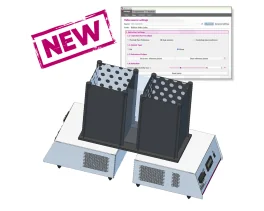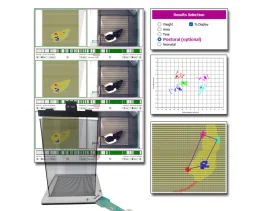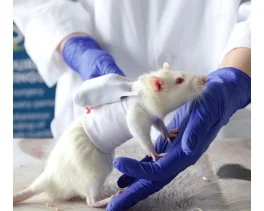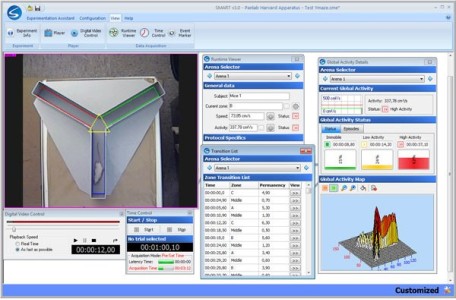Authors
C. Fouquet, G.H. Petit, A. Auffret, E. Gaillard, C. Rovira et al.
Lab
Université P&M Curie, UMR CNRS 7102, Paris, France.
Journal
Neurobiology of Aging
Abstract
To date, no consensus has been reached concerning the age of the earliest onset of age-related cognitive deficits in rodents. Our aim was to develop a behavioral model allowing early and individual detection of age-related cognitive impairments. We tested young (3 months), middle-aged (10 months) and aged (17 months) C57Bl/6 mice in the starmaze, a task allowing precise analysis of the search pattern of mice via standardized calculation of two navigation indices. We performed mouse-per-mouse analyses and compared each mouse's performance to a threshold based on young mice's performances. Using this method we identified impaired mice from the age of 10 months old. Their deficits were independent of any sensorimotor dysfunctions and were associated with an alteration of the maintenance of the hippocampal CA1 late-LTP. This study develops reliable methodology for early detection of age-related memory disorders and provides evidence that memory can decline in some individuals as early as from the age of 10 months.
BIOSEB Instruments Used
Smart 3.0 - Video Tracking System (SMART30)
Source :
http://www.neurobiologyofaging.org/article/S0197-4580%2809%2900360-1/abstract

 Douleur - Allodynie/Hyperalgésie Thermique
Douleur - Allodynie/Hyperalgésie Thermique Douleur - Spontanée - Déficit de Posture
Douleur - Spontanée - Déficit de Posture Douleur - Allodynie/Hyperalgésie Mécanique
Douleur - Allodynie/Hyperalgésie Mécanique Apprentissage/Mémoire - Attention - Addiction
Apprentissage/Mémoire - Attention - Addiction Physiologie & Recherche Respiratoire
Physiologie & Recherche Respiratoire




































 Douleur
Douleur Système Nerveux Central (SNC)
Système Nerveux Central (SNC)  Neurodégénérescence
Neurodégénérescence Système sensoriel
Système sensoriel Système moteur
Système moteur Troubles de l'humeur
Troubles de l'humeur Autres pathologies
Autres pathologies Système musculaire
Système musculaire Articulations
Articulations Métabolisme
Métabolisme Thématiques transversales
Thématiques transversales Congrès & Meetings
Congrès & Meetings 